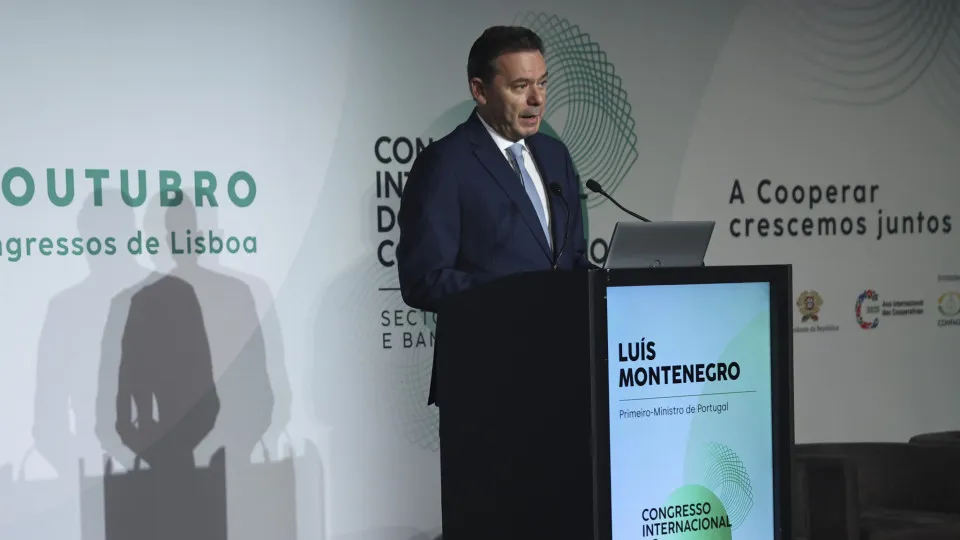
Luís Montenegro opened the International Congress on Cooperativism, focusing on the agricultural sector and cooperative banking, taking place today and Friday at the Lisbon Congress Center.
The Prime Minister acknowledged that the upcoming multi-annual financial framework discussion will present significant challenges for the agricultural sector.
“I can assure you from a national perspective that, regardless of methodological decisions, we will continue providing the necessary support for agricultural sustainability in the coming years,” he stated.
In the context of the 2028-2034 Multiannual Financial Framework, the EC introduced a proposal in July to unify the current two pillars (annual direct payments and multi-annual rural development aid) into a single pillar focusing on farmers’ income support based on results.
Montenegro emphasized that whether funding continues through traditional agricultural funds or those directly managed by Member States, the need for funding sources ensuring the sustainability of agricultural projects will be safeguarded.
“The Portuguese government views this sector as strategic,” he added.
Additionally, the Prime Minister emphasized the necessity of a more equitable distribution of agricultural activity outcomes between the productive and distribution sectors.
“There is an imbalance that must be addressed to ensure the sector’s sustainability. Although challenging, it requires effort, perseverance, and a sense of responsibility. Without profitability and a fair distribution, attracting and retaining projects and human capital in agriculture will be difficult,” he argued.
In this congress, Montenegro reiterated the government’s broader commitment to addressing “excessive bureaucracy and regulation,” noting the creation of a ministry dedicated to this purpose.
“In the agricultural association and agricultural credit cooperativism sectors, it’s crucial,” he remarked.
He also stated that on a European level, the Portuguese government is “pushing for effective deregulation, meaning reducing complexity and excessive rules that are highly punitive in an internationally fair market context.”
“I want to send a clear message to our European Parliament representatives to collaborate in this effort, as there has been some dissonance in implementation,” he said.
The government is fully committed to implementing an effective simplification of procedures nationally and across Europe, he assured.
“So that the principle everyone agrees on can be realized daily: farmers should not spend as much time on paperwork as they do cultivating their fields, dealing with minor details that are often daily obstacles,” he stated.




